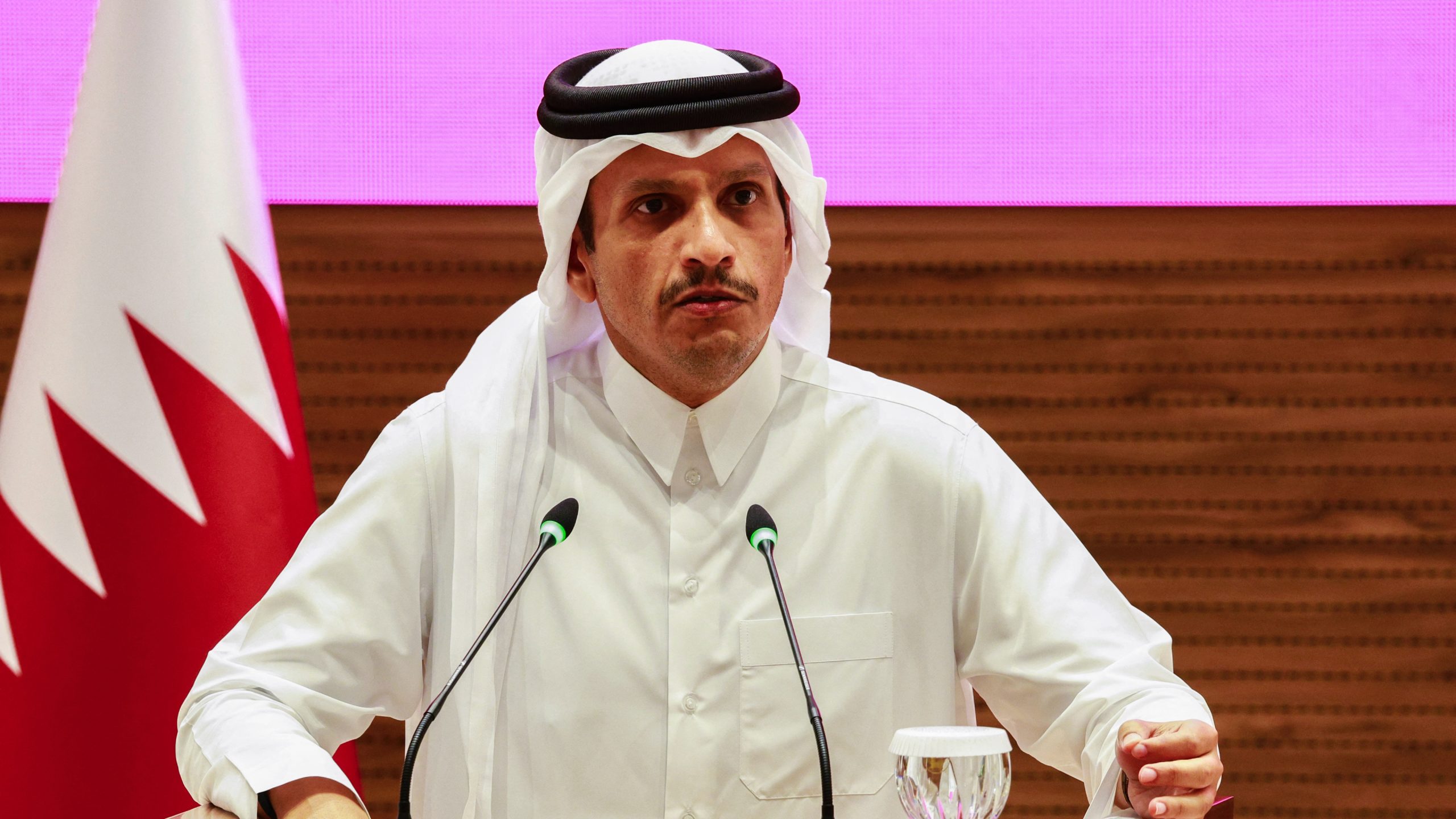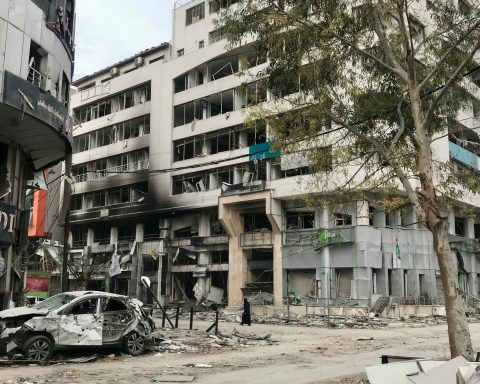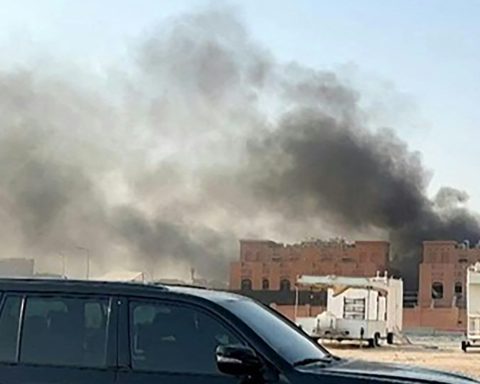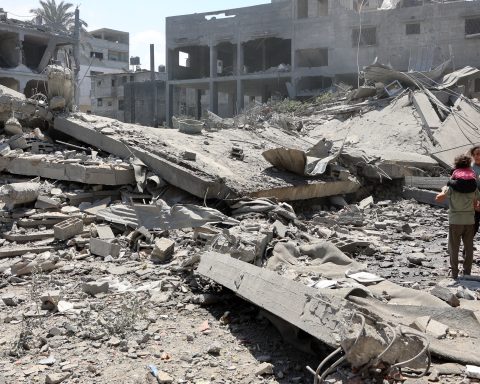The UN Security Council meeting convenes today to discuss Israel’s strike in Doha, Qatar. The agenda focuses on the legality and regional impact of the operation, including risks to civilians and the implications for ongoing ceasefire and hostage talks.
How the Meeting Came Together
Council members pushed for an emergency discussion after reports of explosions in the Qatari capital linked to an Israeli operation targeting Hamas figures. Algeria and Pakistan requested the session, citing concerns about sovereignty and the potential for escalation beyond Gaza. The UN Security Council meeting will assess whether the incident breaches international law and threatens wider regional stability.
Israel’s Position
Israeli officials have signalled that operations against Hamas leadership will continue wherever planners and commanders operate. They argue that cross-border action is necessary to deter further attacks and to degrade the group’s command structure. Israel frames the Doha strike as part of a broader campaign alongside military activity in Gaza and along the northern front.
Qatar and the Wider Fallout
Qatar has condemned the strike as a violation of its sovereignty and has called for accountability. Hamas-aligned sources say senior leaders survived the attack, a claim that, if accurate, raises questions about the operation’s effectiveness while still risking diplomatic backlash. The episode places pressure on Qatar’s role as a mediator, complicating channels used for truce talks and prisoner exchanges.
Gaza Battlefield Context
The Doha incident comes amid intensified Israeli operations in Gaza City and fresh evacuation calls to residents. Urban fighting, strikes on command nodes and efforts to interdict rocket fire continue, while aid groups warn of deteriorating humanitarian conditions. Developments in Gaza will weigh heavily on deliberations, given the tight link between battlefield momentum and diplomatic leverage.
What to Watch Next
Key outcomes to watch from the UN Security Council meeting include whether members agree on language addressing Qatar’s sovereignty, how they frame accountability for cross-border actions, and whether a statement preserves space for mediation. Any consensus, or lack of it, will shape the next phase of diplomacy and determine whether pressure builds for restraint or further escalation.






